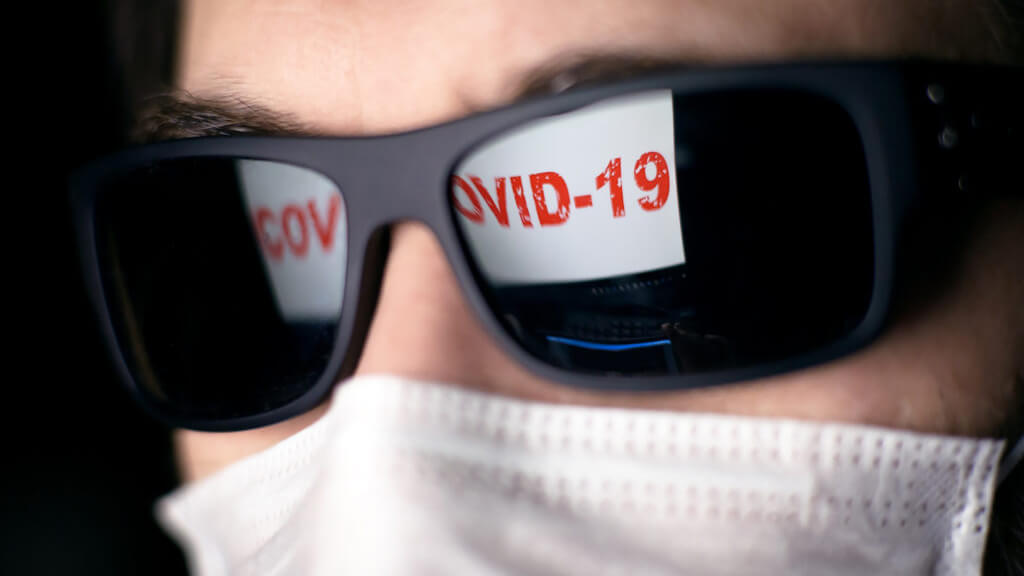Here we are almost 12 months into a crippling pandemic and we are still learning how to fight and manage Covid-19 personally, professionally and financially. The pest control industry just like many others quickly adapted just to survive. Our technicians, classified as essential workers for good reasons. Although not technically first responders we consider several pest control problems emergencies. Pests can quickly turn a problem into a very serious health and safety hazard for children and the vulnerable overnight.
Our boots on the ground technicians struggled on performing their job functions daily to our high standards. Not only were our technicians nervous about contracting Covid-19 our clients were equally as nervous to be exposed to it. There were several occasions where our technicians showed up to a scheduled confirmed appointment at a restaurant, apartment building or home for service just to be turned away.
We learned very quickly exterior only treatments was the best course of action. Business owners and residents didn’t want technicians in their homes or business and the technicians didn’t want that contact either. As a result we introduced a no contact model and quickly adapted to enhanced exterior perimeter treatments. For instances where we could not avoid interior inspections or treatments, we followed our Covid-19 protocol precisely while also avoiding any face to face interactions inside homes and business’s.
Early in the development stages of the pandemic, we forecasted a drop in revenue up to about 20 to 25%. What we did not predict was the pest problems in a pandemic increased our revenue a few percentage points. One of our biggest struggles was keeping up with the increased demand on residential homes while losing some of our commercial and restaurant clients due to them closing.
Hiring new technicians before the virus was difficult enough, hiring qualified licensed technicians to help us keep up with the increased demand quickly was almost impossible. There were a few challenges, one of them being the federal government’s Cares Act supplementing unemployment income an additional $600 a week. There are some instances where it paid more to be unemployed so why would they work during a pandemic and possibly be exposed and contract the Covid-19 virus. We also found applicants using our job posting as checking a box on the unemployment applications to continue to receive benefits. There were quite a few applicants unmotivated to work but motivated to send their resume in.
Learn more about our adaptation, flexibility, training and execution in our next posts.

